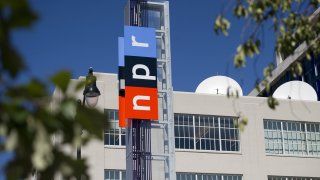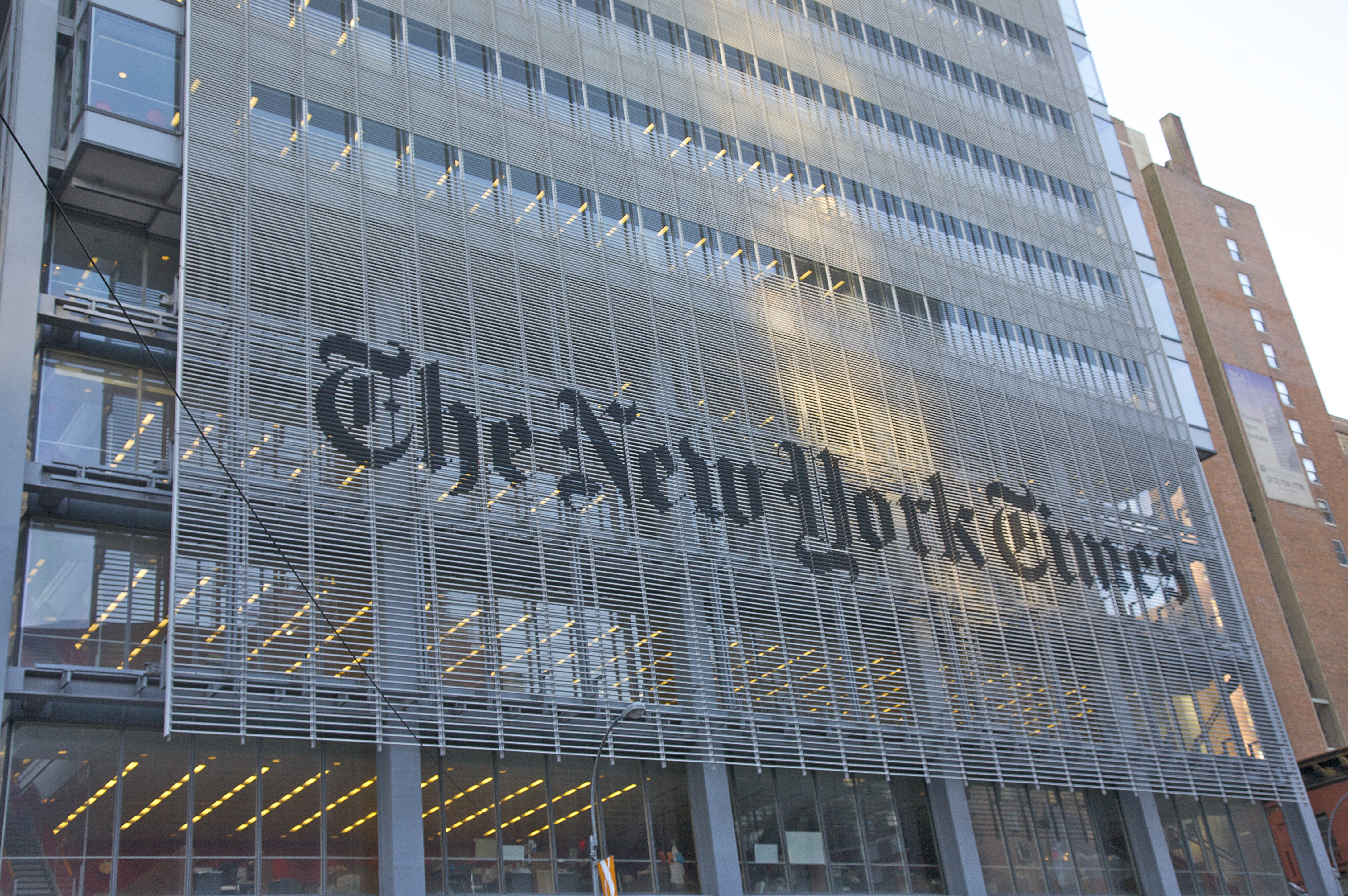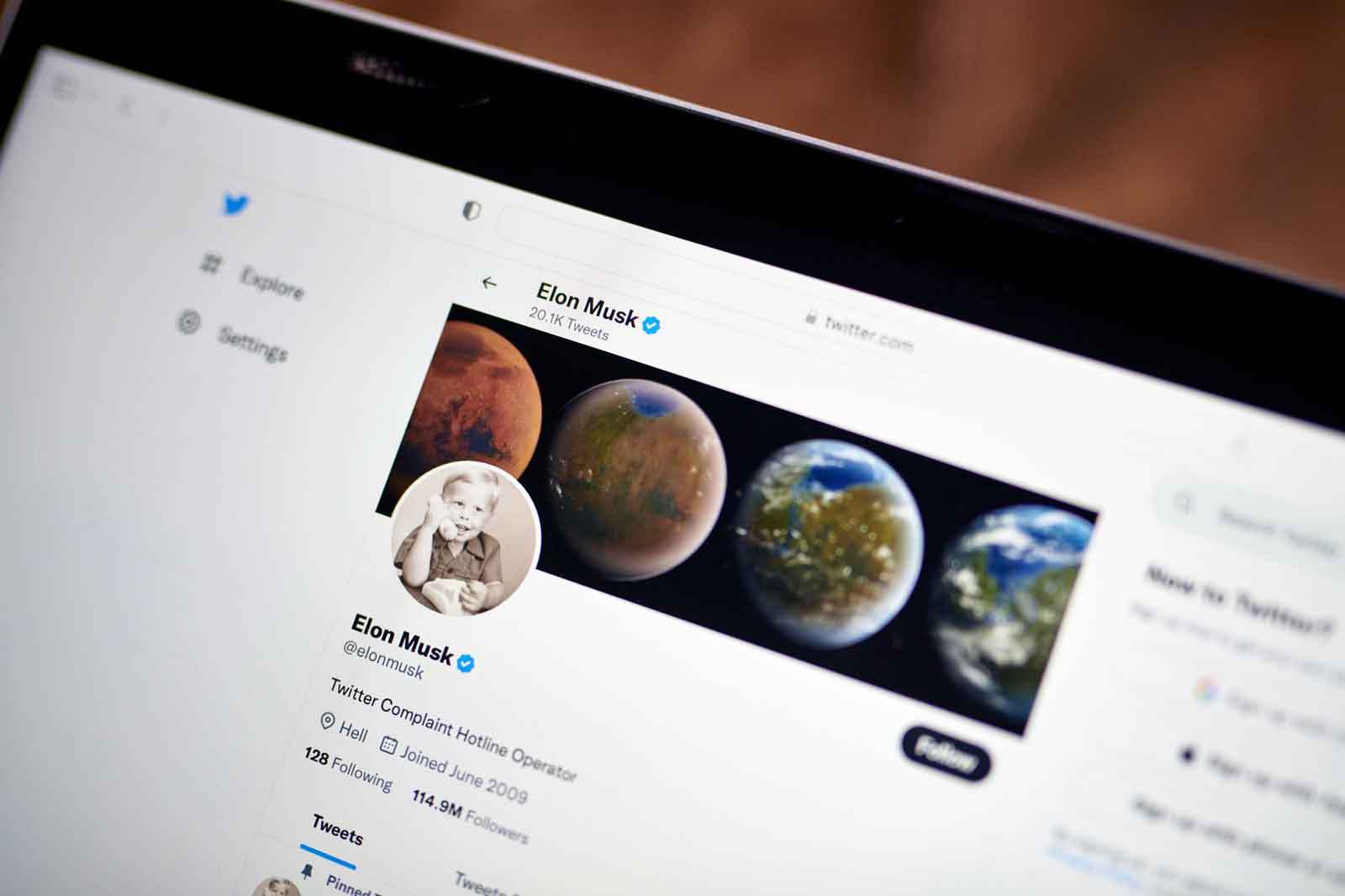
National Public Radio is quitting Twitter after the social media platform owned by Elon Musk stamped NPR's main account with labels the news organization says are meant to undermine its credibility.
“NPR’s organizational accounts will no longer be active on Twitter because the platform is taking actions that undermine our credibility by falsely implying that we are not editorially independent,” NPR said in a statement Wednesday.
Last week, Twitter labeled NPR's main account as “state-affiliated media” on the social media site, a label also used to identify media outlets that are controlled or heavily influenced by authoritarian governments. Twitter later changed the label to “government-funded media” and gave it to at least one other public news organization, the BBC.
“We are not putting our journalism on platforms that have demonstrated an interest in undermining our credibility and the public’s understanding of our editorial independence,” NPR's statement said.
We're making it easier for you to find stories that matter with our new newsletter — The 4Front. Sign up here and get news that is important for you to your inbox.
NPR's main account had not tweeted since April 4. On Wednesday, it sent a series of tweets listing other places to find its journalism.
The company said NPR journalists, employees and member stations can decide on their own if they want to keep using the platform.
NPR's chief communications officer, Isabel Lara, said in an email that “NPR journalists and employees will decide on their own if they wish to remain on the platform, same for NPR member stations as they’re independently owned and operated.”
NPR does receive U.S. government funding through grants from federal agencies and departments, along with the Corporation for Public Broadcasting. The company said it accounts for less than 1% of NPR’s annual operating budget.
Twitter’s new labels have often appeared arbitrarily assigned. It tagged NPR with the “state-affiliated” label after Musk participated in a public conversation about NPR on Twitter, and then deleted mention of NPR, but left up BBC, on a web page where it described why they should not get that label.
Since then, it has given NPR, BBC and some other groups a “government-funded” label but hasn’t done the same for many other public media outlets, such as their counterparts in Canada and Australia.
In an interview Tuesday with a BBC technology reporter at Twitter’s San Francisco headquarters, Musk acknowledged that the British news organization “is not thrilled” about the state-affiliated labels and asked the reporter for feedback.
“Our goal was simply to be as truthful and accurate as possible,” Musk said. “So I think we’re adjusting the label to be ‘publicly funded’, which I think is perhaps not too objectionable. We’re trying to be accurate.”



